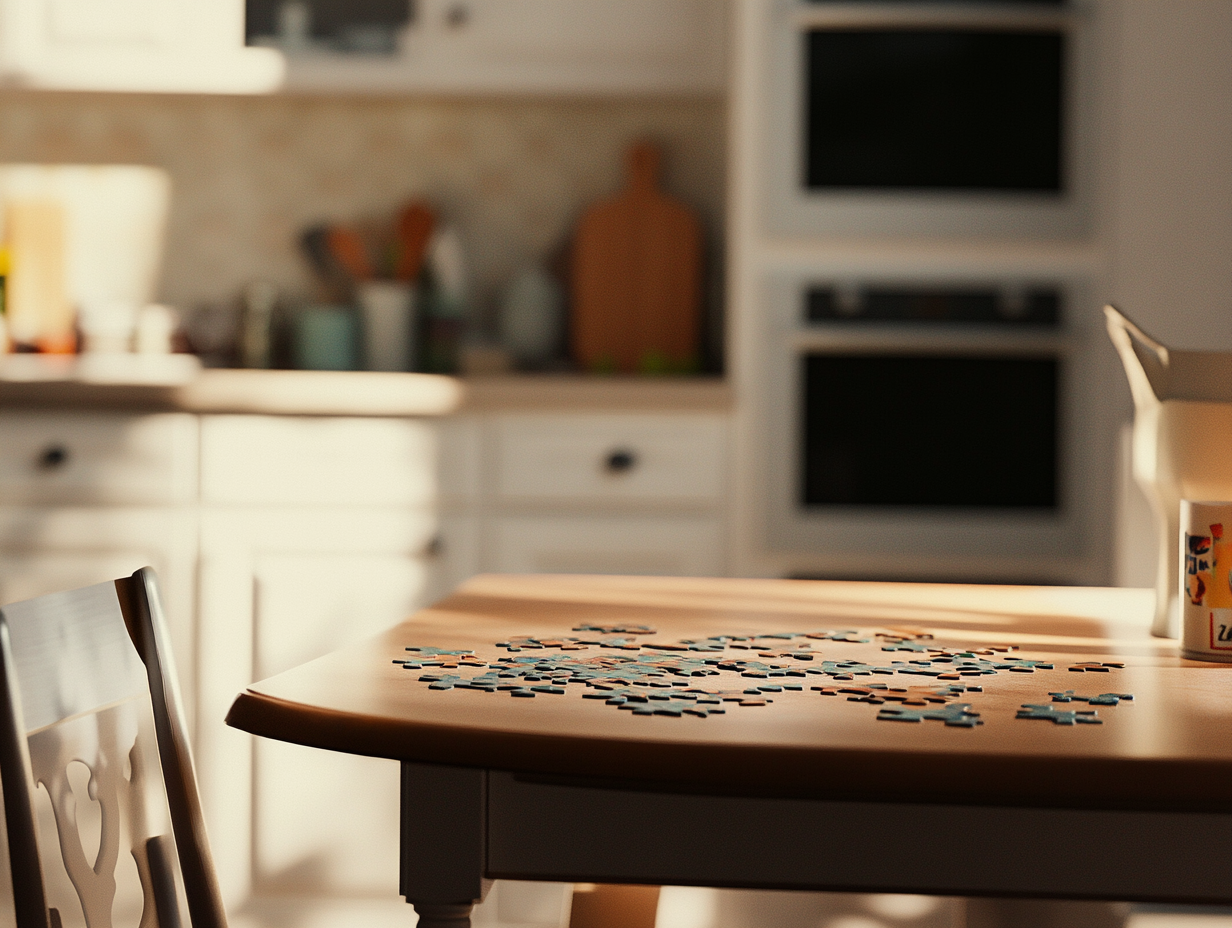A dementia or cognitive impairment diagnosis can be overwhelming - but it doesn't mean giving up on mental stimulation, purpose, or growth. In fact, keeping the brain engaged after diagnosis is one of the most powerful ways to support quality of life and potentially slow cognitive decline.
While there is no cure for dementia, studies from Harvard, Mayo Clinic, and other leading institutions show that brain stimulation, structured routines, and lifestyle habits can play a key role in maintaining cognitive function and emotional well-being.
Whether you're living with early-stage dementia or supporting someone who is, here’s how to nurture the mind and keep it engaged.
1. Challenge the Brain Every Day
Just like muscles, the brain thrives on use. According to Harvard Health, mentally challenging activities may build cognitive reserve, helping the brain become more resilient.
Try to engage in tasks that are:
-
New (learning a new game or hobby)
-
Complex (like puzzles or crosswords)
-
Purposeful (like organizing photos or writing letters)
Apps like Elli Cares can support this by sending reminders for meaningful daily tasks, tracking activities, and encouraging routines that reinforce brain engagement.
2. Incorporate Simple Brain Exercises
Not all brain stimulation has to be hard work. Simple brain exercises, according to Healthline and Medical News Today, can include:
-
Word games and number puzzles
-
Visual memory games
-
Reading and recalling story details
-
Learning a few new words each week
Even activities like switching hands to brush your teeth or taking a different walking route can stimulate neuroplasticity, the brain’s ability to adapt and reorganize.
👉 Explore brain exercises here
3. Stay Socially Connected
One of the strongest predictors of brain health is social interaction. Conversations challenge memory, communication, and emotional intelligence all at once. Whether it’s a daily phone call, video chat, or coffee group, connection matters.
Loneliness and isolation are linked to faster cognitive decline, so be intentional about creating opportunities to connect - even briefly. Elli Cares allows families to stay involved, send reminders, and check in from afar, even if they can’t be physically present.
4. Move the Body to Support the Brain
Mayo Clinic emphasizes that regular physical activity is vital for brain function. Movement increases blood flow to the brain and helps regulate mood and sleep - two key components of cognitive health.
Options include:
-
Daily walks or gardening
-
Gentle stretching or chair yoga
-
Dancing to music from the past (which also triggers memory!)
Even small amounts of activity can have a big impact over time.
👉 Mayo Clinic’s advice on brain health
5. Stimulate the Senses
According to Oticon, stimulating the senses - especially hearing - is linked to better brain health. Addressing hearing loss with aids or devices helps keep the brain active and responsive to environmental cues.
Other sensory-stimulating ideas:
-
Listen to music
-
Bake and enjoy familiar smells
-
Explore textured objects or crafts
-
Use colored lights or photo albums to spark memory
👉 Read more on brain stimulation and the senses
Final Thoughts: Support, Not Perfection
After diagnosis, staying mentally active isn’t about preventing decline altogether - it’s about preserving dignity, confidence, and connection for as long as possible. Small daily habits can support memory, reduce frustration, and even spark joy.
Tools like Elli Cares offer practical support - helping structure daily routines, track mood and activity, and keep loved ones involved. Because staying mentally active isn’t just about exercises - it’s about feeling supported and empowered.
👉 Learn more at www.elliapp.co








